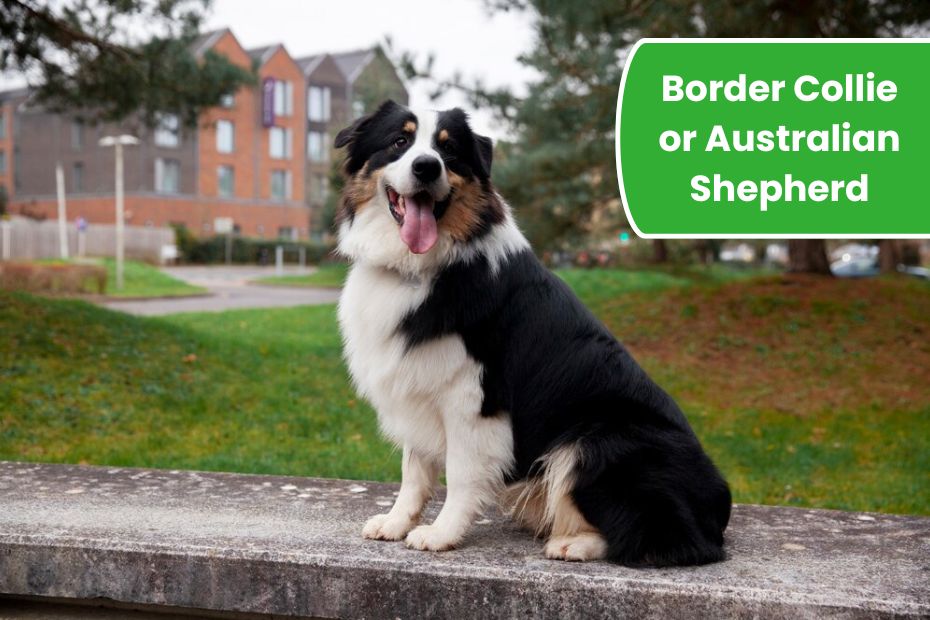In today’s fast-paced world, emotional support animals (ESAs) have become increasingly popular for those seeking comfort, companionship, and mental well-being. Dogs, in particular, are known for their loyalty, affectionate nature, and ability to sense human emotions, making them perfect ESAs. In 2025, some breeds continue to stand out as the best emotional support animals due to their temperament, size, and adaptability. Here’s a list of the top 10 dog breeds that are perfect for providing emotional support.
Labrador Retriever
Labrador Retrievers are known for their friendly and outgoing nature. These dogs are highly trainable, loving, and gentle, making them ideal for individuals who need constant companionship. Their ability to sense emotions and offer unconditional love makes them one of the most popular choices as ESAs.
Golden Retriever
Golden Retrievers are affectionate, patient, and loyal. They are easy to train and known for their calming presence. These dogs are especially good for families and individuals who need a reliable and gentle emotional support companion.
Poodle
Poodles are not just known for their intelligence but also for their hypoallergenic coats. Whether it’s the standard, miniature, or toy variety, Poodles are affectionate and sensitive to human emotions. They are perfect for people with allergies who also require emotional support.
Cavalier King Charles Spaniel
These small, gentle dogs are affectionate and love to cuddle. Their calm and friendly demeanor makes them suitable for those who need a comforting presence, especially in stressful situations. They thrive on human interaction and make excellent lap dogs.
Beagle
Beagles are happy, friendly, and curious. Their affectionate nature and playful spirit help brighten up anyone’s day. They are social animals and thrive in environments where they can receive plenty of attention and love.
Corgi
Corgis, with their adorable looks and lively personalities, are excellent for reducing stress and anxiety. They are loyal, intelligent, and form strong bonds with their owners. Their compact size also makes them suitable for apartment living.
Yorkshire Terrier
Yorkies may be small, but they have big hearts. They are affectionate, energetic, and fiercely loyal to their owners. Their small size makes them portable, allowing them to be constant companions, whether at home or on the go.
Chihuahua
Chihuahuas are devoted and love being the center of attention. Their small size and affectionate nature make them great companions for those who live alone or need a dog that can travel easily. They are known for their loyalty and protective instincts.
Border Collie
Border Collies are incredibly intelligent and loyal. They are energetic, which can be beneficial for those who need motivation to stay active. Their strong bond with their owners makes them highly effective as emotional support dogs.
French Bulldog
French Bulldogs are calm, adaptable, and affectionate. They do not require excessive exercise, making them suitable for people who prefer a relaxed lifestyle. Their playful yet gentle demeanor makes them wonderful companions.
Choosing the Right ESA Dog
When choosing an emotional support dog, consider your living situation, lifestyle, and specific emotional needs. A dog’s temperament, size, and energy level should align with your preferences. Training is also essential to ensure that your ESA can provide comfort effectively.
FAQ’s
What is an emotional support animal (ESA)?
An ESA is a companion animal that provides comfort and support to individuals with emotional or mental health conditions. Unlike service animals, they do not require specialized training.
How do I register my dog as an ESA?
To register a dog as an ESA, you typically need a recommendation letter from a licensed mental health professional stating your need for emotional support.
Can any dog breed be an ESA?
Yes, any breed can be an ESA as long as the dog has a calm and affectionate temperament. The best breed for you depends on your personal needs and lifestyle.
Do ESAs have legal protections?
ESAs have some legal protections, such as housing rights under the Fair Housing Act, but they are not granted public access like service animals.
How do ESAs help with mental health?
ESAs provide companionship, reduce stress, and can help alleviate symptoms of anxiety, depression, and loneliness through their comforting presence.


